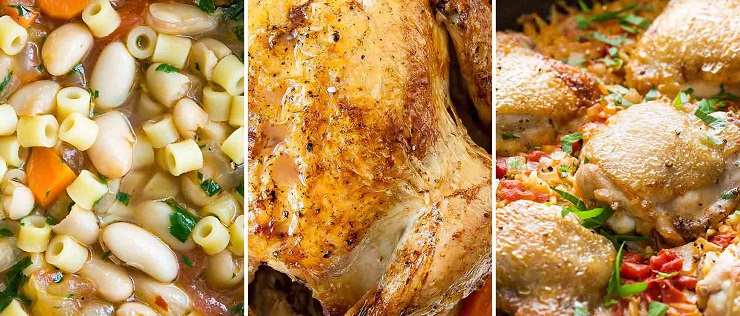Just think how much you would be able to save if you didn’t have to eat. Sometimes it seems as if you are spending money on food every time you turn around. Unfortunately, there is no real alternative; if you want to live you must eat. That said, there are several ways to save money when buying food, so if you want to give your budget and lift, try some of the following tips.
- Get organised – planning your weekly meals ahead of time will enable you to know exactly what you need, rather than buying food on impulse that could well go bad before you can use it up. Even if you don’t want to be quite that organised, just in case you planned a roast dinner for midweek and the temperatures soar to the mid forties so no one feels like eating it, let alone cooking it, you can have some alternatives in the pantry. Or you could check the temperatures ahead of time so you don’t plan a hot meal for a hot day.
- Shop around to get the best bargains. That said, if your supermarket options are along way apart, what you spend on fuel could well negate the savings on specials. However, farmers’ markets are often a great place to shop for fresh fruit and vegetables. Go early for the freshest, especially in hot weather if it is held outside. Shopping late in the day or close to shut up shop time at supermarkets can get you some great bargains.
- Spend a large portion of your food budget on nutrient dense fresh vegetables and fruit, rather than packaged or processed items that are high in fat and sugar, not to mention carcinogenic preservatives such as nitrates. Besides, when you have vegetables at home you can use them to make a large variety of dishes.
- Buy in bulk where possible – it’s cheaper. But not if half of it will go bad before you use it. To avoid this, consider going halves with friends or family, or cook it all up and freeze it for nutritious convenient meals throughout the week.
- Meat is expensive these days – to boost your budget have two or three meals a week free of meat. Use lentils, tofu, eggs or other alternatives for protein. Or just double up on the vegetables.
- Buy fruit and vegetables in season as these will be much cheaper, especially when there is a glut. You can also make your own jam, pickles, relish or chutney with cheaper vegetables or those that come on special because they are getting overripe.
- Leave packaged/frozen meals on the shelf. It is far healthier and cheaper to cook your own. However, frozen peas and corn are relatively cheap and still nutritious.
